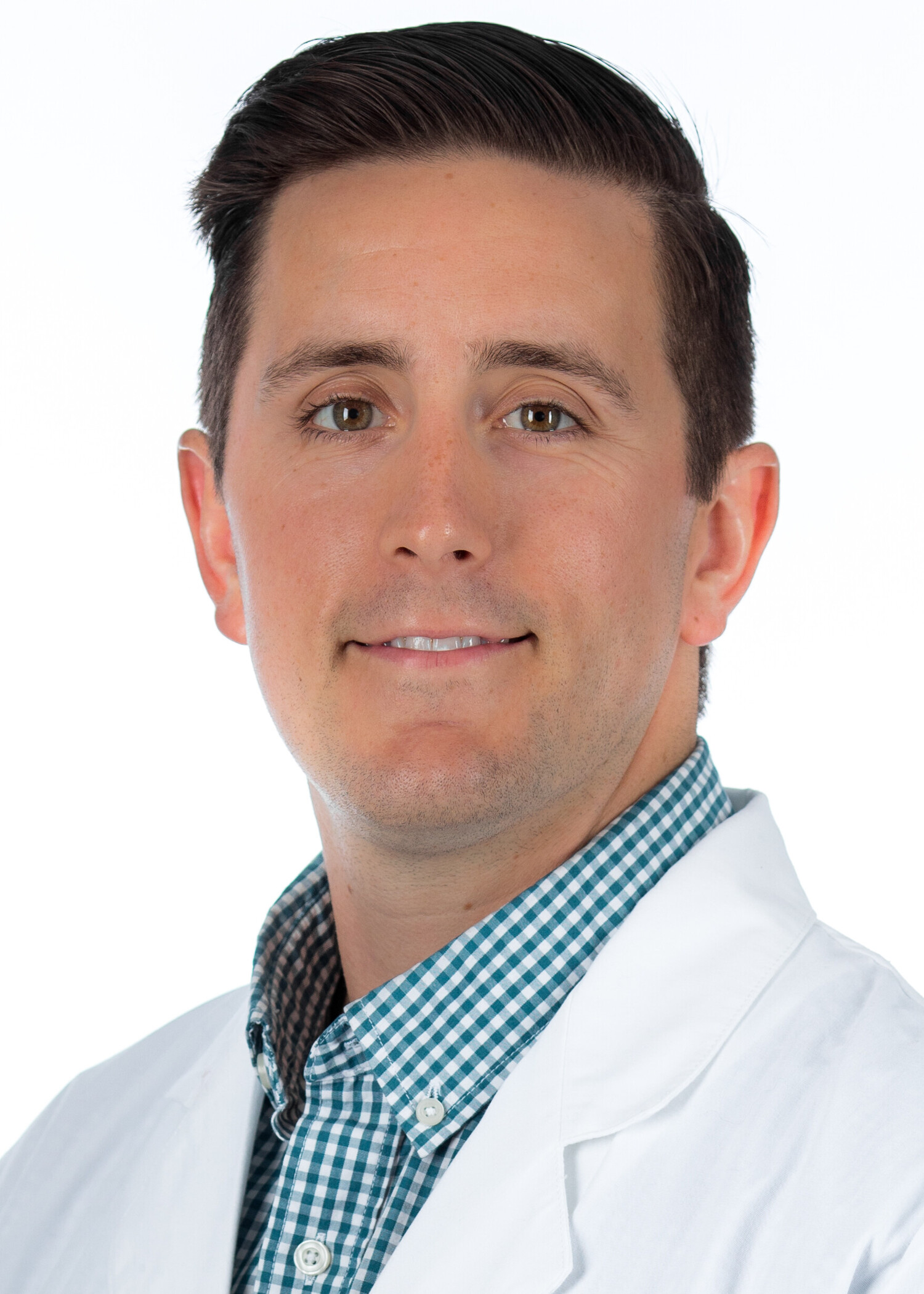Healthy Lifestyle
Medicines, Vitamins, Supplements and More: Why Your Doctor Needs To Know About Them
Published: Oct. 17, 2022

Are you on any medications?
It’s a question you’ve likely been asked when visiting your health care provider. But do you really need to report everything – even the same daily multivitamin you’ve been taking for months?
The short answer is yes. And for good reason.
What We Need To Know About
Some individuals – especially those who are younger and healthier – are quick to say they don’t take any medications when their provider asks. If this sounds like you, take a closer look at your medicine cabinet or bathroom counter. Anything you take as part of your morning, midday or nighttime routine is of interest to your provider.
We especially need to know about:
- Multivitamins and/or additional vitamins and minerals (Vitamins C, D and B complex, as well as magnesium, are some of the most common.)
- Fitness supplements, including protein powders, muscle recovery drinks, creatine, amino acids and metabolism boosters
- Diuretics
- Pain relievers
- Antacids
- Fish oil
- Allergy medication, including nasal sprays
- Sleep aids
- Caffeine intake
- Probiotics
- Herbal supplements aimed at targeting immune support, inflammation, energy levels, excess stress or anxiety, etc.
- Essential oils
- Beauty supplements, such has collagen peptides, biotin, hyaluronic acid or CoQ10
Why It Matters
Many adults take at least three medications and/or four supplements daily. Managing multiple medications and supplements can become difficult and confusing. And as you age, your body changes. So it makes sense that your medication and supplement needs will eventually change, too.
Although some people may need vitamins and supplements to help fill nutritional gaps, certain combinations of supplements and medications can be dangerous. Furthermore, some supplements can decrease the efficacy of certain medications. That’s why it’s critical to tell your provider about everything you’re taking – and how much you’re taking – even if something is touted as “all-natural” or “organic.”
Let your provider know if any medications are causing you issues or don’t seem to be working. These conversations could potentially help reduce medications you actually need or are no longer effective.
Of course, just as we want to know about your medications and supplements, you should want to know about them, too. Take ownership of your health. Do your research. If you ever feel uncertain about a certain medication or supplement, do your part in facilitating dialogue with your provider by asking the following questions:
- How long can I safely take this medication/supplement?
- When should I be taking it? How much should I be taking?
- Could I become dependent on it?
- Are there side effects associated with it?
- Should I take it with food?
- How should I store it?
- How will I know if it’s working?
- Are there any other medications/supplements or activities I should avoid while taking it?
- Is there anything else I need to know about it?
Transparency Continued
Remember: It’s best to reach out to your health care provider before trying a new supplement or medication. If they have reservations, ask if there’s a safer or more effective alternative.
Transparency matters – and not just in terms of your medications. Being open and honest about everything you’re taking – including alcohol, tobacco and controlled substances – is critical to your health and well-being. By knowing how medicines, supplements and other substances work and interact, providers can help keep you safe while helping you reach your health care goals.
So don’t wait to talk about the pills, prescriptions and products that are part of your life. Contact your provider today.
More Resources
- Find a primary care provider.
- Request prescription refills and access your health information 24/7 by enrolling in Methodist My Care.
- Read similar stories in our Healthy Lifestyle section.


